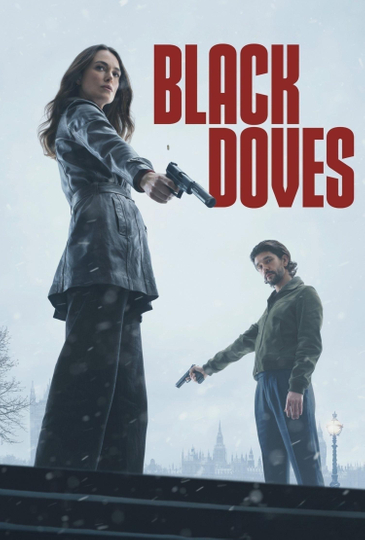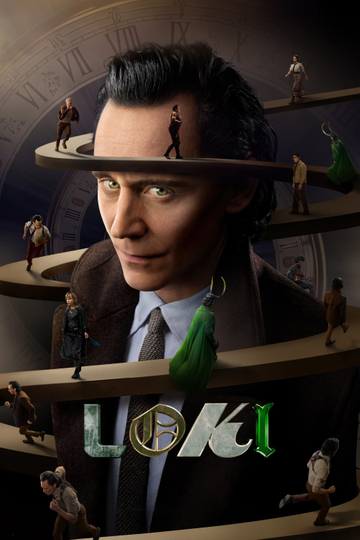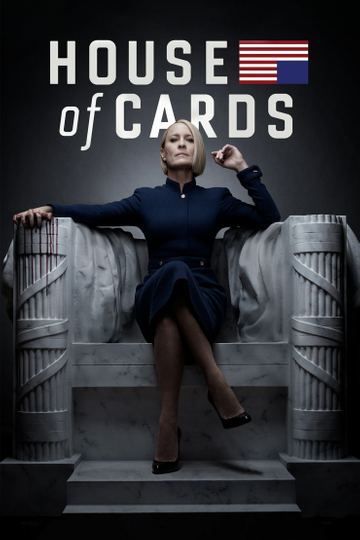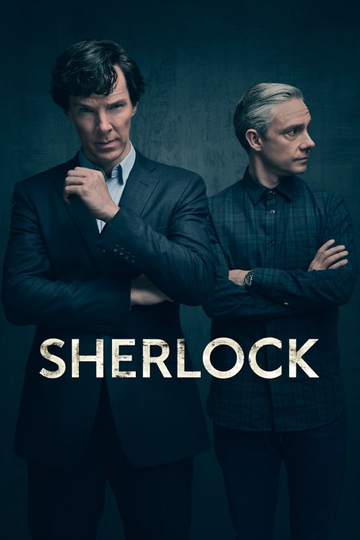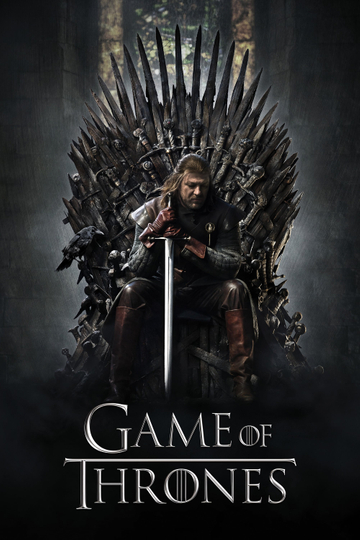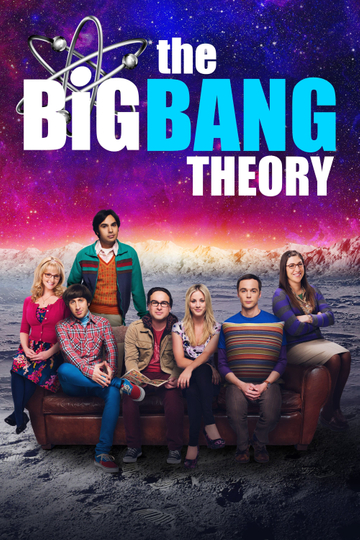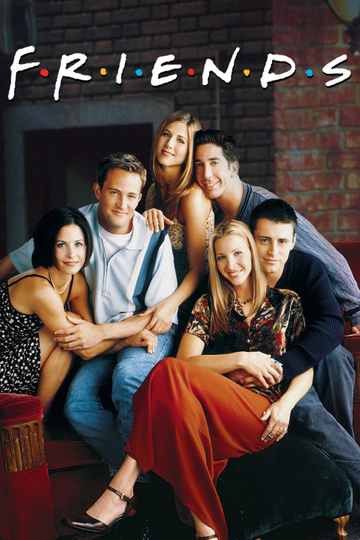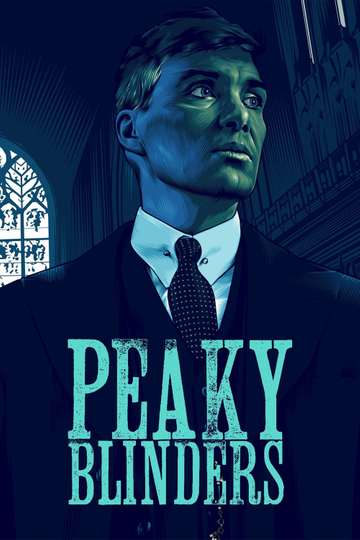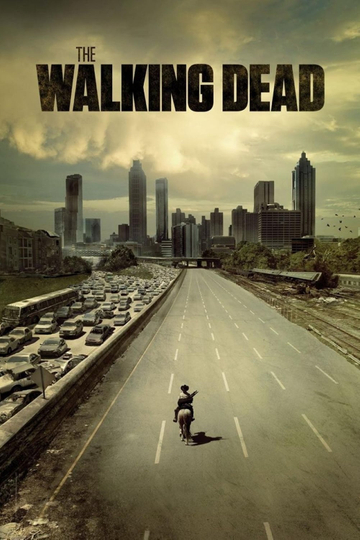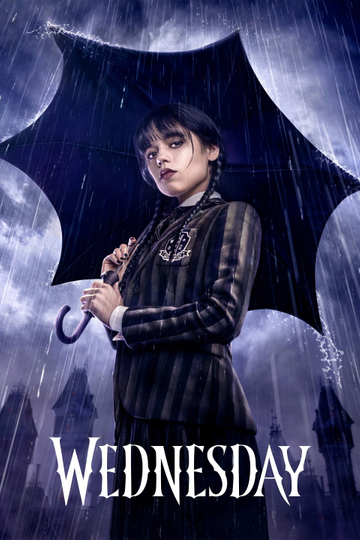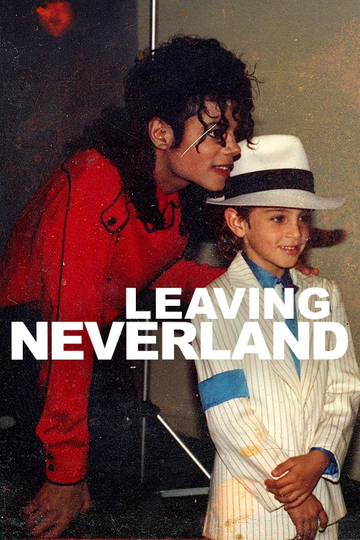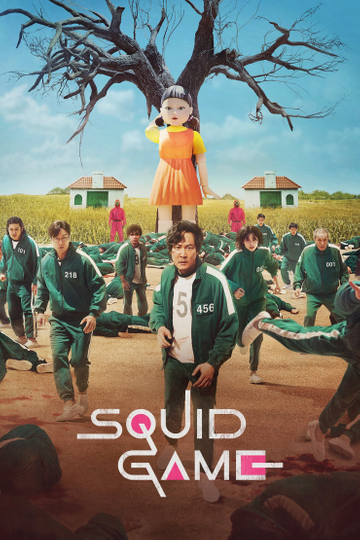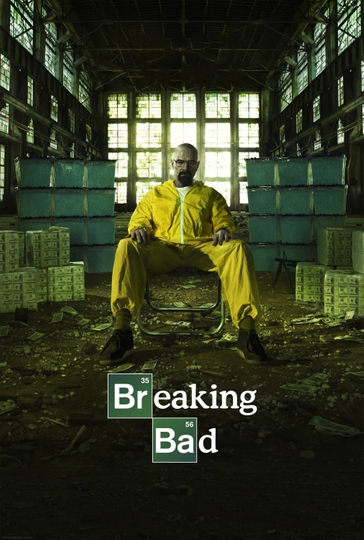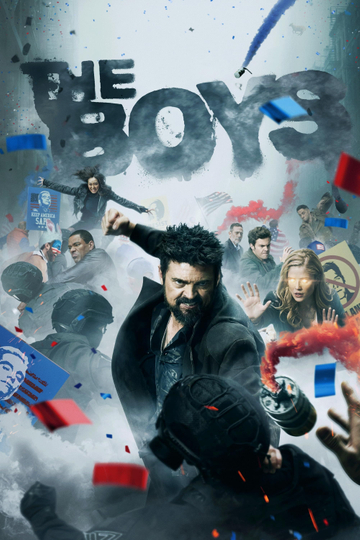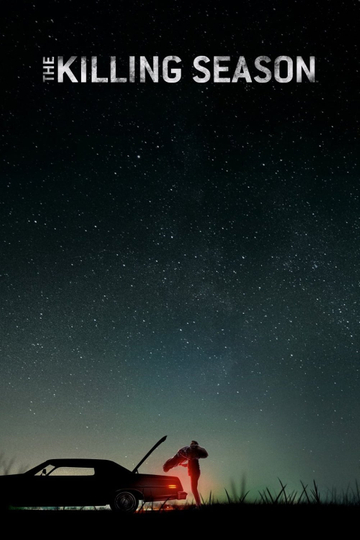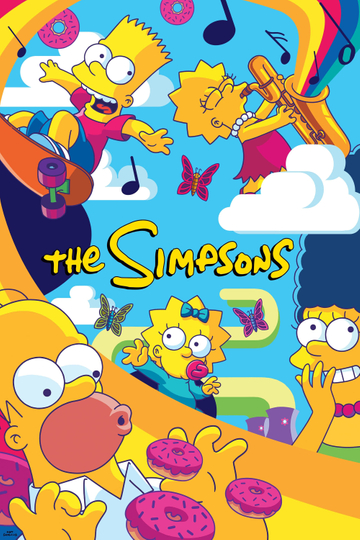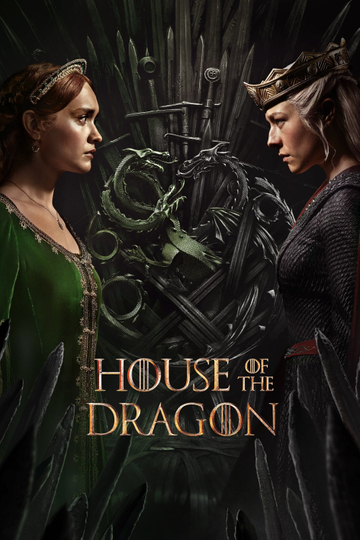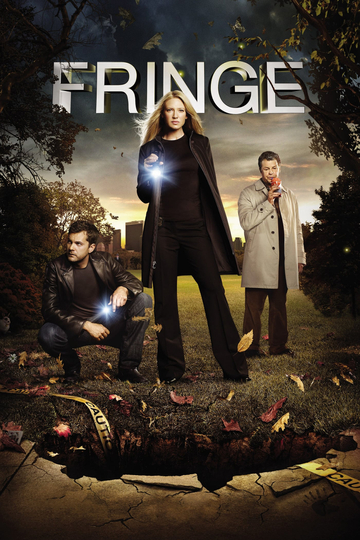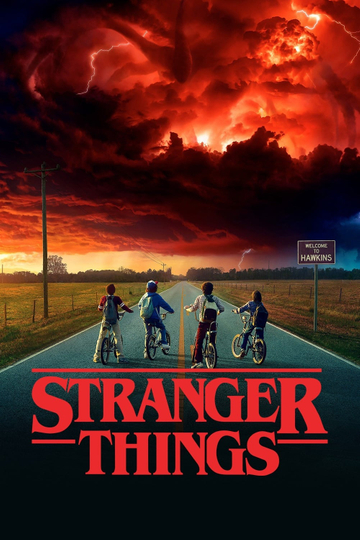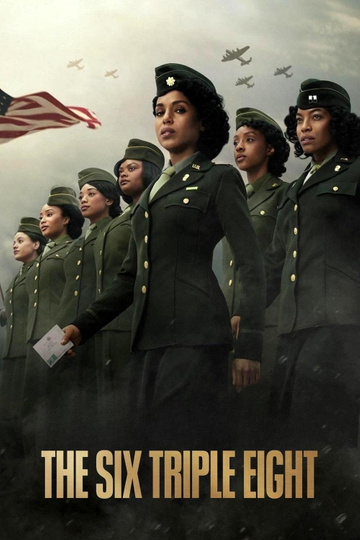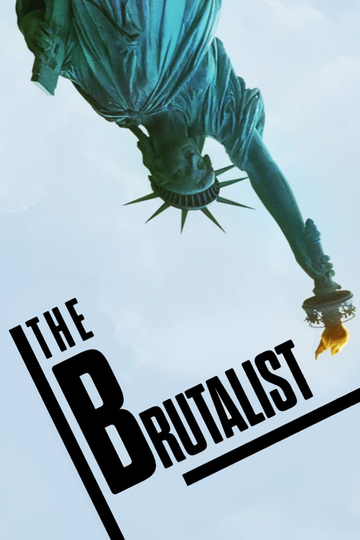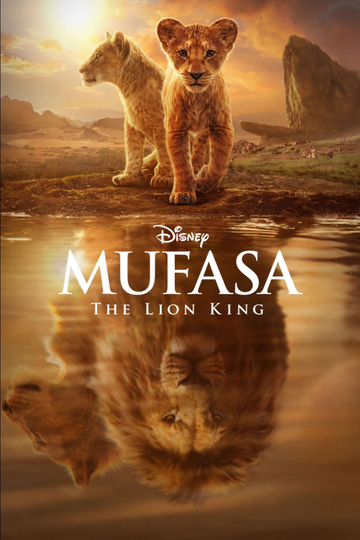Season 2011 Episodes
1. Secrets of the Tribe
The field of anthropology goes under the magnifying glass in a fiery investigation of the seminal research on Yanomami Indians, also known as the 'Fierce People'. In the 1960s and 70s, a steady stream of anthropologists filed into the Amazon Basin to observe this 'virgin' society untouched by modern life. Thirty years later, the events surrounding this infiltration have become a scandalous tale of academic ethics and infighting.
2. Pablo's Hippos
Recounting the absurd and paradoxical history of Colombia's thirty-year struggle with international drug trafficking, at once a farce and a tragedy, as seen through the eyes of the extravagant pet of the most powerful drug baron in history: a hippopotamus named Pablo.
3. Sex, Death and the Gods
The devadasi are Hindus who are married to god in childhood, and at puberty sold for sex. In this fascinating film by acclaimed director Beeban Kidron, we go on an intimate journey into the twilight world of the devadasi and meet the girls of Karnataka, southern India who are forced to live in this ancient tradition despite it having been declared illegal for more than 60 years. The documentary investigates the surprising history of this little-understood community, reveals their rich and privileged past as concubines to the princes and priests of India's ruling class and explores their heritage as dancers and entertainers.
4. Meet the Climate Sceptics
Filmmaker Rupert Murray takes us on a journey into the heart of climate scepticism to examine the key arguments against man-made global warming and to try to understand the people who are making them. Do they have the evidence that we are heating up the atmosphere or are they taking a grave risk with our future by dabbling in highly complicated science they don't fully understand? Where does the truth lie and how are we, the people, supposed to decide? The film features Britain's pre-eminent sceptic Lord Christopher Monckton as he tours the world broadcasting his message to the public and politicians alike. Can he convince them and Murray that there is nothing to worry about?
5. American Idol - Reagan
To mark the centenary of the birth of one of the most iconic figures in recent American politics, a documentary which examines the enigmatic career of screen star and two-term US president Ronald Reagan. He has been heralded as one of the architects of the modern world and since his death many Americans have been working to cement his legacy, but some critics argue that the aftershocks of Reaganomics continue to crumble economies the world over and that the hubris of Reagan's foreign policy continues to propel America into a cycle of overseas ventures. To such critics Reagan is an ominous figure who did more harm than good. But who was Ronald Reagan, and how did he come to shape world politics in the way he did? Featuring in-depth interviews with those who worked with him and knew him best, this film provides a definitive and penetrating look at Reaganism, whose grip on the public mind has been rekindled by recent events in Republican politics.
6. Afghan Cricket Club - Out of the Ashes
Against a backdrop of war and poverty, this documentary traces the extraordinary journey of a team of young Afghan cricketers as they chase a seemingly impossible dream, shedding light on a nation beyond burqas, bombs, drugs and devastation. The film follows the squad over two years as they go from playing in their shalwar-kameezes on rubble pitches to battling their way around the globe and up the international league tables. It travels from refugee camps in Pakistan - where many of the players learned the game as boys - to practice sessions in Kabul and on to qualifying tournaments overseas. With unrestricted access, the film follows the ups and downs of their epic journey.
7. The Man Who Fooled the Nazis
Documentary which catalogues how a Spanish farmer named Juan Pujol became 'Garbo', one of the most successful double agents in history. The British code-named him Garbo for being the 'greatest actor in the world', because of his ability to gain the Third Reich's trust and make possible the successful D-Day landings that turned the course of history.
8. Kidult - Marathon Boy
Documentary telling the story of the youngest marathon runner ever. At the age of four, he is plucked from the poverty of an Indian slum by his coach. Extraordinary drama and tragedy ensue. What starts as a simple inspirational story - the hope of a small boy and his trainer who unite to pursue a dream in a ruthless world - goes on to reveal the darker side of humanity and the complexities of Indian society as it struggles to come to grips with the realities of the slums, crippling poverty, organised crime and state-sanctioned corruption. Over a period of five years a compelling human story emerges, full of moral dilemma, dramatic twists and ethical and legal debate.
9. Kidult: P-Star Rising
Single father Jesse Diaz pins his hopes for the family's fortunes and redemption for his own failed music career on his nine-year-old daughter Priscilla when he discovers that she can rap and perform. This documentary follows Priscilla, aka P-Star, and her father through the grit and glamour of the music industry, capturing the struggles of Jesse in raising his two children and the sacrifices of his daughter to make her dad proud.
10. Kidult: Cuban Punch-Up - The Boys who Fought for Castro
Documentary which follows the stories of three young hopefuls through eight dramatic months of training and education as they prepare for the biggest event of their lives so far, Cuba's National Boxing Championship for Under-12s. But during the season, crisis strikes - Fidel Castro is taken ill and all of Cuba's Olympic boxing champions defect to the USA. As the championship draws closer, the Cuba that the boys have been taught to believe in is at a historic crossroads.
11. China's Bleak House
Thousands of poor Chinese workers wait years to petition against injustices suffered in their home districts with the court of the plaintiffs in Beijing - often the last resort for those seeking redress for dismissals, land confiscations, beatings and arrests. Filmed over a decade, director Zhao Liang gives an insight into the shared disenchantment of those who search for justice from a system that pays little to no significance to their individual suffering.
12. Innocent! Paco & the Struggle for Justice
As a tropical storm beats down on the Philippine island of Cebu, two sisters leave work but never make it home. That same night, hundreds of miles away on a different island, 19-year-old Paco Larranaga is at a party in Manila, surrounded by dozens of reliable witnesses. The missing women, Marijoy, 23, and Jacqueline Chiong, 21, are pretty and innocent Chinese-Filipinos from a working class community. Paco, accused of their rapes and murders, comes from a prominent political family. An awkward adolescent with a past of petty offences, he is easily cast in the role of privileged thug by the hysterical media frenzy that surrounds the case. Populated by flamboyantly corrupt public officials, drug dealers, cops on the take and journalists both in thrall to and taking a lonely stance against the system, the documentary is a compelling account of the decade-long struggle to convict or free Paco.
13. Knocking on Heaven's Door
Yuri Gagarin's flight into space was hailed by the Soviet Union as a triumph for socialist science over capitalism. But the true story is much stranger.
14. Last Days of the Arctic: Capturing the Faces of the North
Ragnar Axelsson, known as Rax, is a photograher for Iceland's largest newspaper. This documentary follows him on his life's mission, to capture the human faces of climate change by photographing the vanishing lifestyles of the people of the north. Rax is among the most celebrated photographers in the world and his series of photographs, Faces of the North, is a living document of the dying cultures of the far northern reaches of the planet, mainly Icelandic farmers, fishermen and the great hunters of Greenland. 'It was really only one photograph that started me off,' he says. 'An old man in a rowing boat and his dog on a skerry. I thought to myself, these men are vanishing. If I don't photograph them now, no one will remember them and no one will know that they ever existed.' Rax spent his childhood summers on an isolated farm on the southern coast of Iceland, where the farmers lived off of the land as countless generations had before them. As a child he was enraptured by the landscape and the interactions between man and nature. Twenty-five years ago, his fascination with people who try to survive in extreme circumstances took him from Iceland to Greenland - a place which has continually inspired him to return. His photo essays of the hunters of Greenland are legendary. Rax could well have been a hunter himself - and we watch him as he stalks his images and strikes at the opportune moment. Fascinated by stories of half-forgotten people who have adapted to unspeakably harsh conditions, Rax is now documenting them as they cope with extreme changes to those conditions as the result of climate change. Last Days of the Arctic is a celebration of the photographer and his subjects, an elegy for a disappearing landscape and the people who inhabit it.
15. Pol Pot's Executioner: Welcome to Hell
On 28 February 2009 Kaing Guek Eav, alias Duch, appeared in the ECCC courtroom and made a two-hour speech where he asked for forgiveness for the appalling torture and execution of at least 13,000 prisoners at Tuol Sleng and probably more in the security camps of M-13 and M-99. Until this date, with the exception of a handful of judges, lawyers and a priest, he had not been seen or heard of for the last thirty years. How did a man, known to be kind and generous to fellow students, possibly transform himself into Comrade Duch, the Khmer Rouge's infamous executioner? This documentary revisits and searches for clues.
16. Amnesty! When They Are All Free
To celebrate its 50th anniversary in May 2011, this probing documentary brings together an extraordinary cast of interviewees, from Sting to former home secretary Jack Straw, to shed light on how, as a 'letter-writing organisation, Amnesty International has changed the world and how the world has changed Amnesty International. It poses the fundamental question: has the human rights movement been able to hold back mankind's capacity for atrocity? Part of BBC4's Justice season.
17. Fight to Save the World: Sergio
As part of BBC 4's Justice season, this documentary which chronicles the brilliant life and tragic fate of Sergio Vieira de Mello, the former head of the UN mission to Baghdad. Colleagues and loved ones recount how his extraordinary career was cut short when a bomb exploded below his office in August 2003, and the film tracks the painstaking attempts to rescue him from the debris.
18. Prosecutor
Critics say Luis Moreno-Ocampo's justice threatens peace, while champions of justice criticise his weaknesses. The world's first permanent International Criminal Court is making headlines - issuing an arrest warrant for a sitting head of state for war crimes, Sudanese President Al-Bashir in July 2008 and now seeking the arrest of Colonel Gaddafi, his son Saif and his brother-in-law, the intelligence chief Abdullah Sanussi. Cameras follow the prosecutor in New York as he defends the Al-Bashir warrant at the UN Security Council; in The Hague, as he opens the Court's first trial of alleged Congolese war criminal Thomas Lubanga; and in the Congo as he meets citizens affected by the trial. The prosecutor must keep one step ahead of them all. Part of BBC 4's Justice season.
19. Law of the Dragon - Husband and Wife
Judge Chen journeys across the Xuan'en region to ensure that justice is served, even in the remotest corners of China. The hearings take place wherever he hangs the national emblem, be it nailed up in a barn or a field. In this first episode, Judge Chen presides over the case of a woman, Lin, who has filed for divorce from her husband Wang.
20. Law of the Dragon - Love Thy Neighbour
Judge Chen continues to bring justice to the Xuan'en region of China, and encounters neighbours disputing the ownership of a vital bridge in their village.
21. Law of the Dragon - Death of an Only Child
Judge Chen travels to another area of the Xuan'en region of China and hears the case of two parents who are trying to hold a school responsible for the suicide of their only son.
22. Law of the Dragon - Mother and Son
In this final episode, Judge Chen listens to complaints of a mother who is suing her son for maintenance.
23. Murder on a Sunday Morning
Jacksonville, Florida, May 2000. Mary Ann Stephens is shot in the head at point blank range in front of her husband. Two hours later, a 15-year-old black American, Brenton Butler, is arrested walking down a nearby street. Jean-Xavier De Lestrade's Academy Award-winning film follows his trial. Everyone involved with the case, from investigators to journalists, is ready to condemn Butler, except his lawyer Patrick McGuiness. A dazzling and magnetic presence of Hollywood proportions, McGuiness reopens the inquiry, and in a dramatic and spine-tingling sequence of events, he and his team discover a slew of shocking and troubling elements about the case. Murder on a Sunday Morning is gripping and heart-wrenching - the stuff suspense novelists only dream of writing.
24. The Thin Blue Line
Errol Morris broke cinematic ground with The Thin Blue Line, establishing a new genre in the non-fiction feature by creating a fascinating reconstruction and investigation of a brutal and senseless murder. The case in question is centred on the 1976 murder of a Dallas policeman. The murder remained unsolved for over a month until the Dallas police department received word that 16-year-old David Harris had been arrested in Vidor, Texas, after having bragged to friends that he killed a Dallas cop. Although the murder weapon was found in a nearby swamp, Harris later insisted that his boasting was meant only to impress his friends and insisted the real murderer was a hitchhiker he had picked up earlier that day named Randall Adams. Morris assembles diverse interviews, photo montages, film clips and reenactments of the crime to make a strong case for Adams's innocence, leading to a shocking finale.
25. The Billion Dollar Art Heist
Documentary which chronicles the long and dramatic struggle for control of the Barnes Foundation, a private art collection valued at more than $25bn. In 1922, Dr Albert C Barnes formed a remarkable educational institution around his priceless collection of art, located just five miles outside of Philadelphia. Now, more than 50 years after Barnes's death, a powerful group of moneyed interests have gone to court for control of the art, intending to bring it to a new museum in Philadelphia. Standing in their way is a group of Barnes's former students and his will, which contains strict instructions stating the foundation should always be an educational institution and that the paintings may never be removed. Will politics prevail over a man's dying wishes?
26. Client 9 - The Call Girl and the Governor
Dubbed the Sheriff of Wall Street, Eliot Spitzer made his name as New York's attorney general, prosecuting criminal activity by America's largest financial institutions and some of the most powerful businessmen in the country. When he was then elected New York governor with the largest margin in the state's history, many believed Spitzer was on his way to becoming the nation's first Jewish president. Then, shockingly, his meteoric rise turned into a precipitous fall when the New York Times revealed that Spitzer - a paragon of rectitude - had been seeing prostitutes. With unprecedented access to the escort world as well as friends, colleagues and enemies of the ex-governor, Academy Award-winning director Alex Gibney explores the hidden contours of this tale of hubris, sex and power.
27. Deadline: The New York Times
Documentary which goes inside the newsroom at one of the most venerable publishing institutions in the world, the New York Times. Director Andrew Rossi gained unprecedented access to America's pre-eminent news factory during one of its most tumultuous years, as the film follows its struggle to survive in a year where Wikileaks emerged as a household name and other newspapers folded. Led by people such as David Carr - a firebrand journalist and former crack addict - can the foot soldiers of this bastion of old media keep up with the torrent of information that is the world wide web?
28. Riding Giants
The history of surfing culture is told through the exploits of the pioneers and contemporary heroes of big-wave surfing in Stacy Peralta's documentary, which features the likes of Greg Noll and Jeff Clark. Riding Giants makes palpable the magnitude and terrifying power of the waves they seek to conquer and captures the unfathomable combination of adrenaline and fear that the surfers experience each time they take on a monster swell.
29. Bobby Fischer: Genius and Madman
Considered by many to be the world's greatest chess player, Bobby Fischer personified the link between genius and madness. His trajectory propelled him from child prodigy to world chess champion at the age of 29 and then into a nosedive of delusions and paranoia. Fischer was a recluse for decades before resurfacing for a bizarre final chapter as a fugitive. Veteran filmmaker Liz Garbus's documentary exposes the disturbingly high price Fischer paid to achieve his legendary success and the resulting toll it took on his psyche. Rare archival footage and insightful interviews with those closest to him expand this captivating story of a mastermind's tumultuous rise and precipitous fall.
30. The Interrupters - How to Stop a Riot
Documentary which tells the surprising story of three dedicated individuals who try to protect their Chicago communities from the violence they themselves once perpetrated. These 'interrupters' intervene in conflicts before the incidents explode into violence. Their work and their insights are closely entwined with their own personal journeys, which, as each of them points out, defy easy characterisation. Shot over the course of a year by acclaimed filmmaker Steve James, it is a vivid portrayal of a city under siege from spiralling violence, including the brutal murder of Derrion Albert, a Chicago high-school student whose death was caught on videotape.
31. Inside Job
Charles Ferguson's Academy Award-winning forensic analysis of the 2008 global financial crisis. The film traces the emergence of a rogue culture within the finance industry which has corrupted politics, regulation, and academia. At a cost over $20 trillion, the crisis caused millions of people to lose their jobs and homes in the worst recession since the Great Depression, and nearly caused global financial collapse.
32. Barbados at the Races - Bajan Born and Bred
This four-part series looks at Barbados today through the lives - at work and at play - of the island's horse racing community. The series is centred on the Barbados Turf Club and following the stories of a colourful cast of characters, from the big white owners at the top of the tree right down to the poor black exercise riders and grooms. The Club and its racecourse have been based at the former British Army Garrison on the edge of the island's capital Bridgetown for over a hundred years. These quirky and, at times, spiritually-minded programmes look at how the culture of Barbados today, its institutions and the mindset of its people have been shaped by the colonial past and the legacy of and slavery. This programme explores what it is to be Bajan (Barbadian) during the run-up to Independence Day. Jonathon Simpson owns a farm and breeding stables in the hills, where groom Pat Coward is kept busy breaking in yearlings for training.
33. Barbados at the Races - The Jockey's Prayer
Four-part series looking at Barbados today through the lives, at work and at play, of the island's horse racing community. The series is centred on the Barbados Turf Club and follows the stories of a colourful cast of characters, from the big white owners at the top of the tree right down to the poor black exercise riders and grooms. The Club and its racecourse have been based at the former British army garrison on the edge of the island's capital, Bridgetown, for over a hundred years. The quirky and, at times, spiritually-minded series looks at how the culture of Barbados today, its institutions and the mindset of its people, have been shaped by the colonial past and the legacy of slavery. This part is about the lives of three very different riders and centres on the life of the Bajan jockey - the trials and deprivations of keeping on top of your game, the glory and glamour of success and the temptations and pitfalls that can come hand in hand with financial rewards.
34. Barbados at the Races - Run Cat Run!
Four-part series looking at Barbados today through the lives, at work and at play, of the island's horse racing community. The series is centred on the Barbados Turf Club and follows the stories of a colourful cast of characters, from the big white owners at the top of the tree right down to the poor black exercise riders and grooms. The Club and its racecourse have been based at the former British army garrison on the edge of the island's capital, Bridgetown, for over a hundred years. The quirky and, at times, spiritually-minded series looks at how the culture of Barbados today, its institutions and the mindset of its people, have been shaped by the colonial past and the legacy of slavery. It is not so long ago that the stands at the Barbados Turf Club were racially segregated, and until very recently the club was the preserve of the mainly white, wealthier classes.
35. Barbados at the Races - The Favourite
Four-part series looking at Barbados today through the lives, at work and at play, of the island's horse racing community. The series is centred on the Barbados Turf Club and follows the stories of a colourful cast of characters, from the big white owners at the top of the tree right down to the poor black exercise riders and grooms. The Club and its racecourse have been based at the former British army garrison on the edge of the island's capital, Bridgetown, for over a hundred years. The quirky and, at times, spiritually-minded series looks at how the culture of Barbados today, its institutions and the mindset of its people, have been shaped by the colonial past and the legacy of slavery. There are two big races a year at the Turf Club - the Gold Cup and the Derby. This programme follows the build up for the Derby through the eyes of those who have trained and groomed the clear favourite in preparation for this historic race.






